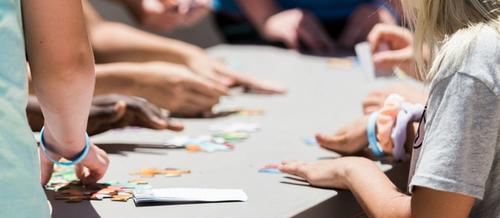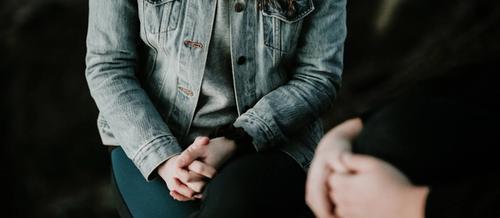
Creative embodied group supervision for therapists, clinicians and service providers
Join a small group of peers to learn, explore, connect, express and reflect through shared discussion, music and creative arts experiences.

The only constant in life is change.
It’s been a long 18 months of fear, uncertainty, change and shifting goalposts. Whether you’re in lockdown or not, it is a strange and difficult time.
How can we navigate these times? See below for seven tips to help us all through.
We are all going through a huge mix of emotions, challenges and restrictions. And it’s ok to let yourself just be with it …
Knowing how to tune in to your nervous system AND the the information it gives you can be a huge resource, particularly at this time of high stress and uncertainty.
Our bodies give us the key to knowing if we are
How can you tune in to notice the physical sensations associated with these states?
It can be different for everyone, but here are some things to consider:
When we connect into our experience, we can tune in to what we need and respond with care.
What are micro-breaks?
Micro-breaks are any short breaks (30 seconds - 5 mins) that you take in the day away from work or study.
Micro-breaks might include:
Research shows that micro-breaks help with focus, staying on task, productivity and general wellbeing
Compassionate people have very clear boundaries, that they insist are respected. They are very clear about what's OK and not OK; and they are very clear about that with the people in their lives.
How do you define healthy boundaries?
What will you accept or not accept from others?
How do you meet your own needs?
Do you find it difficult to say no to others?
According to research undertaken by Brené Brown, the most compassionate people are also those with strong and healthy boundaries. That is, people who will say no when they need to.
Need tips for how to put boundaries in place:
Our bodies and brains crave familiarity, predictability and repetition - they are some of the best ways that we help ourselves to feel safe.
This is a challenge, particularly in lockdown, when work, school and home life merge.
What might help?
Chronic stress is exhausting. And, whilst holidays and long sleep-ins are the best, the good news is there are plenty of other ways to find rest.
The key is to do what you enjoy, what works best for you, and, importantly, what restores you. This might include:
This is a tricky one for many at the moment.
We are wired for connection and really do need each other - in good times and in times of stress. This Tempo article, 'Why collective care is essential for self care' is a good summary if you're interested.
Connecting with friends and family for fun is easy. What is not so easy is reaching out when we are having a hard time. Do you someone that you can message, call or see (whether in real life or online) when things are tough.
In his book on loneliness, 'Together: the power of connection in a sometimes lonely world', Dr Vivek Murthy talks about the risks of loneliness, but also the immense power of true connection for only 15 minutes at a time.
Who can you connect with? And if you can't right now, please reach out to a service like Lifeline.
Kindness to others, and importantly ourselves is so important right now.
How can you sit kindly with yourself today?
Painful feelings are, by their very nature, temporary. They will weaken over time as long as we don’t prolong or amplify them through resistance or avoidance. The only way to eventually free ourselves from debilitating pain, therefore, is to be with it as it is. The only way out is through.

Creative embodied group supervision for therapists, clinicians and service providers
Join a small group of peers to learn, explore, connect, express and reflect through shared discussion, music and creative arts experiences.

Tailored support to meet your needs and build inner resources for positive change.
Header image: Jake Ingle